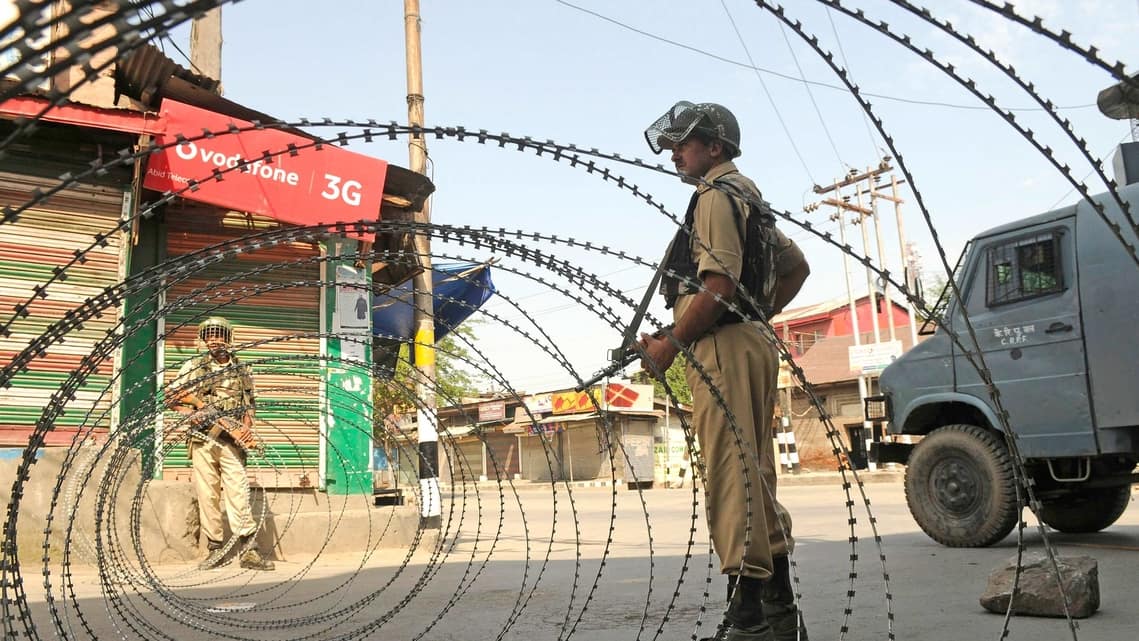
Plato banished poets from his ideal state, the republic. And for years I could not wrap my head around this banishment. With all his dialectic prowess, Plato may have had me convinced why “poetry” was a bad influence on the citizens of his “ideal state”, but not for a second did he convince me why poets needed to be banished. Plato did not have a problem with poets per se; he was just concerned with the kind of poetry they wrote—twice removed from reality and all the illusions it caused—and what such poetry meant for his ideal state.
If it was a question of a particular kind of poetry being a bad influence over the citizens of the ideal state, why not just reform the poetry? After all, with the might and authority of the ideal state at his command, Plato could have easily made the poets write poetry that he deemed fit for his ideal-state citizens and dispatched the rest to Hades (with a right to appeal, of course). At least, in theory, he could have chosen this path (which was what he was doing, in the first place). Why this blanket ban? What was he afraid of?
Also read: What's trending or not in our bookshelves this week
And to think that the banishment continues to this day, in one form or the other. Every so often, this or that nation state has a problem with this or that piece of art. And I am not talking about art that outrages the sentiment of this or that community, where the nation state takes umbrage due to the disruption of peace among its ideal citizens, and comes to their rescue. I am talking about how every now and then an innocuous cartoon or a poor poem that could at their best garner an audience of a thousand-odd people, elicits a powerful reaction from a Modern Democratic State. For every cartoon or poem that spoils the good name of such a state, the state could commission a dozen good (aesthetically speaking) cartoons and poems and disperse them to a far wider audience. Why, then, is it afraid of a few, poor acts of artistic insolence?
The epiphany came to me at prime time, literally. The prime-time news debates and discussions that blared in our house every night in the post-truth apocalypse made me realise the power of a good performance. And any performance was only as good as the story it told. That is when it hit me, the full power of the Word. The daily news at 9 was all about the Word—written, spoken, performed. If professional newsreaders could work such wonders with the Word, imagine what professional wordsmiths could achieve.

I now understood why Plato was afraid of the poets and why cartoons scare nation states. Power understands power. The philosopher-king acknowledged his rival. The nation state realised the threat to its authority. After all, what is authority if not a narrative of power? Of divine-power and social contract. Of the enemy at the gates and the white man’s burden. Of greater good and rule of law…. And whosoever commanded the narrative had the power; and, sooner or later, the authority.
The poets could be kings. Or, at least, a perennial alternative to a king in the public imagination. And no power centre worth its salt could bear an alternative.
So far, as an aspiring writer, the best I had thought of myself was something like a Joycean apprentice trying to forge in the smithy of my soul the uncreated conscience of my race. But now the realisation that this apprenticeship could bestow upon me a power of such magnitude that challenged kings and states shocked me. As if some radioactive spider had bit me. With great power comes great responsibility, I remembered my lesson all right. But responsibility to whom? To my people? To my aesthetics? Or to a compromise between the two?
Also read: Kalki Koechlin’s pregnancy book is a raw and radically honest memoir
There is too much blood for good literature in Kashmir, says writer Arundhati Roy. Should I, then, let my aesthetics reign supreme and dilute the blood? Or should I let the blood of my people overwhelm my art and reduce whatever I write to mere polemic? Things don’t work like that, someone might say, these are not your only two options, you can always find something in between these extremes. Maybe. But how does one decide how much blood is too much (or too little)? And what does one do when graves do not rhyme with art? What does one do when truth hangs like a rotting corpse and art has this urge to put a garland around its neck and paint its nails a bright red? Truth and beauty—does art need to choose one over the other? Are truth and beauty really separate? Couldn’t it be that these two are different approaches to the same thing? One is the approach of intellect, the other an apprehension of the senses? Beauty, the ultimate truth of senses and truth, the ultimate beauty of reason?
There are no answers to such questions. There never ever will be. There will always be attempts to find answers. But only attempts. My novel, The Plague Upon Us, is one such attempt.
Shabir Ahmad Mir is a writer and poet. The Plague Upon Us is his first novel.
JCB Prize 2021 is a series with a weekly essay by the five shortlisted authors.